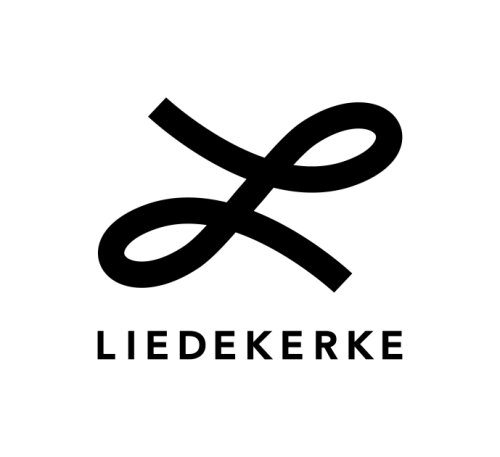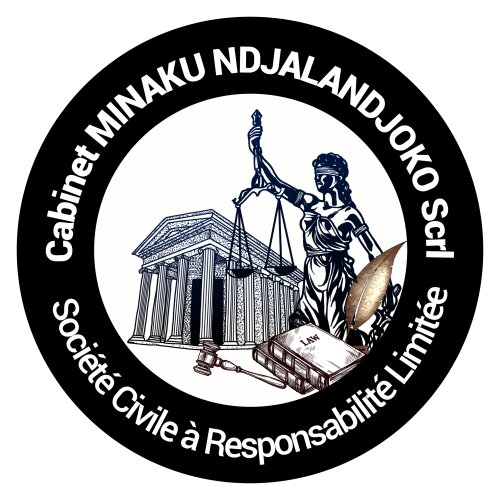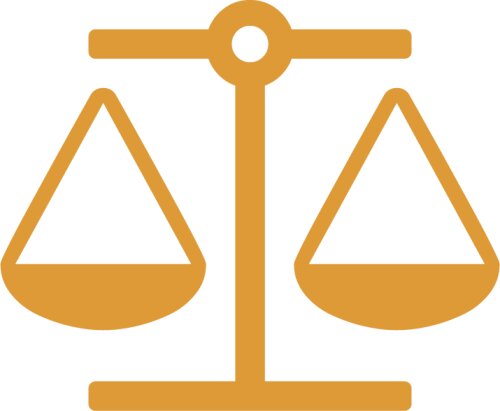Best Corporate Governance Lawyers in DR Congo
Share your needs with us, get contacted by law firms.
Free. Takes 2 min.
Or refine your search by selecting a city:
List of the best lawyers in DR Congo
About Corporate Governance Law in DR Congo
Corporate governance in the Democratic Republic of Congo (DR Congo) refers to the framework of rules, practices, and processes by which companies are directed and controlled. It defines the roles and responsibilities of a company’s board of directors, management, shareholders, and other stakeholders. As economic activities expand and the country attracts more investment, there is increased attention toward improving transparency, accountability, and ethical conduct in Congolese companies. These principles help ensure that businesses operate efficiently and sustainably, fostering investor confidence and compliance with the law.
Why You May Need a Lawyer
Navigating corporate governance issues can be complex, especially in a jurisdiction like DR Congo, where local regulations may differ significantly from international standards. You may need a lawyer in the following situations:
- Establishing a company or joint venture with Congolese partners
- Drafting, reviewing, or amending corporate bylaws or shareholder agreements
- Ensuring compliance with local regulations and reporting requirements
- Resolving disputes between shareholders, directors, or management
- Implementing or strengthening internal control mechanisms and ethical guidelines
- Preparing for audits or government inspections
- Facilitating mergers, acquisitions, or changes in ownership structure
- Understanding the rights and duties of minority shareholders
- Advising on director liability and risk management strategies
- Dealing with anti-corruption, anti-money laundering, and similar compliance concerns
An experienced lawyer can help ensure your business is structured and managed in accordance with the law, reducing legal risks and supporting sustainable growth.
Local Laws Overview
Corporate governance in DR Congo is mainly regulated by the Organisation for the Harmonization of Business Law in Africa (OHADA) Uniform Act on Commercial Companies and Economic Interest Groups. DR Congo is a member of OHADA, which harmonizes business laws across several African countries. The key aspects of local laws relevant to corporate governance include:
- Clear definition of company organs: general assembly, board of directors, and management
- Mandatory requirements for company formation, management structure, and reporting
- Director and officer duties, including fiduciary responsibilities and standards of conduct
- Protection of minority shareholders’ interests
- Obligations related to transparency, record keeping, and financial disclosures
- Provisions governing conflicts of interest and related-party transactions
- Procedures for annual general meetings and decision making
- Sanctions for breaches of governance duties or failure to comply with legal obligations
Additional national legislation, including tax laws, labor codes, and anti-corruption laws, also influences corporate governance in DR Congo. Companies operating in specialized sectors such as banking or extractive industries may face further regulations set by sector-specific agencies.
Frequently Asked Questions
What is the main legal framework governing corporate governance in DR Congo?
The OHADA Uniform Act on Commercial Companies and Economic Interest Groups is the principal legal framework for corporate governance in DR Congo. National laws and sector-specific regulations may also apply.
Do all companies in DR Congo need a board of directors?
Not all companies are required to have a board of directors. The requirement depends on the company form. For example, public limited companies must have a board, whereas some limited liability companies may have alternative management structures.
How are shareholders' rights protected under local laws?
Local laws require companies to provide equal treatment to all shareholders, protect minority interests, and provide mechanisms for redress in case of disputes. Shareholders are entitled to participate in general meetings, vote on key decisions, and access certain company information.
What are the main duties of directors and managers?
Directors and managers must act in good faith, with diligence and in the company’s best interests. They have fiduciary duties, such as avoiding conflicts of interest and refraining from self-dealing or misuse of company assets.
Are there mandatory corporate governance codes in DR Congo?
There is no standalone national corporate governance code, but companies must observe the mandatory provisions of the OHADA Uniform Act and relevant national laws. International best practices are increasingly recommended, especially for companies seeking foreign investment.
How often must companies hold general meetings?
Companies are required to hold at least one annual general meeting of shareholders to review accounts, appoint or renew directors, and address other statutory matters.
What disclosures are Congolese companies required to make?
Companies must maintain accurate records, prepare annual financial statements, and disclose them to shareholders. Certain companies may be required to publish financial reports or submit them to regulatory authorities.
What legal remedies exist for minority shareholders?
Minority shareholders may bring claims for annulment of certain decisions, damages, or suspension of resolutions if their rights are infringed. The law provides procedural protections and the ability to request court intervention in some cases.
What are the penalties for non-compliance with governance rules?
Penalties can include monetary fines, civil liability, disqualification of directors, or even dissolution of the company in severe cases. Regulatory authorities may also impose administrative sanctions or initiate criminal proceedings if fraud or corruption is involved.
Is foreign investment subject to special corporate governance requirements?
Foreign investors must comply with the same core governance rules but may face additional sector-specific requirements, including partnership with local entities or government approvals in certain industries.
Additional Resources
For further information and guidance, you may contact or consult the following resources:
- OHADA National Commission in DR Congo - for queries on the OHADA Act and implementation
- Ministry of Justice and Human Rights (Ministère de la Justice et Droits Humains) - for legal texts and official regulations
- Agence Nationale pour la Promotion des Investissements (ANAPI) - for investment and company establishment support
- Professional associations such as the Conseil Permanent de la Comptabilité au Congo (CPCC) or the Bar Association (Ordre des Avocats) - for professional referrals
- Industry regulatory bodies for sector-specific governance (such as the Central Bank for financial institutions or the Ministry of Mines for extraction industries)
- International law firms and business advisory services with offices in Kinshasa or Lubumbashi
Next Steps
If you require legal assistance in matters of corporate governance in DR Congo, consider the following steps:
- Identify your specific needs - whether it is company formation, compliance, dispute resolution, or another governance matter
- Gather relevant documents and information on your company and its policies
- Consult with a qualified lawyer or legal advisor specializing in corporate law and governance in DR Congo
- Verify the lawyer’s credentials with the national Bar Association
- Discuss your goals and challenges clearly to receive tailored legal advice
- Ask about the costs, expected timelines, and potential outcomes
- Follow up on recommended actions and maintain communication as your matter progresses
Sound legal advice is essential for ensuring compliance and promoting good governance practices. Taking early action can help safeguard your company’s success and legal standing in DR Congo.
Lawzana helps you find the best lawyers and law firms in DR Congo through a curated and pre-screened list of qualified legal professionals. Our platform offers rankings and detailed profiles of attorneys and law firms, allowing you to compare based on practice areas, including Corporate Governance, experience, and client feedback.
Each profile includes a description of the firm's areas of practice, client reviews, team members and partners, year of establishment, spoken languages, office locations, contact information, social media presence, and any published articles or resources. Most firms on our platform speak English and are experienced in both local and international legal matters.
Get a quote from top-rated law firms in DR Congo — quickly, securely, and without unnecessary hassle.
Disclaimer:
The information provided on this page is for general informational purposes only and does not constitute legal advice. While we strive to ensure the accuracy and relevance of the content, legal information may change over time, and interpretations of the law can vary. You should always consult with a qualified legal professional for advice specific to your situation.
We disclaim all liability for actions taken or not taken based on the content of this page. If you believe any information is incorrect or outdated, please contact us, and we will review and update it where appropriate.
Browse corporate governance law firms by city in DR Congo
Refine your search by selecting a city.













